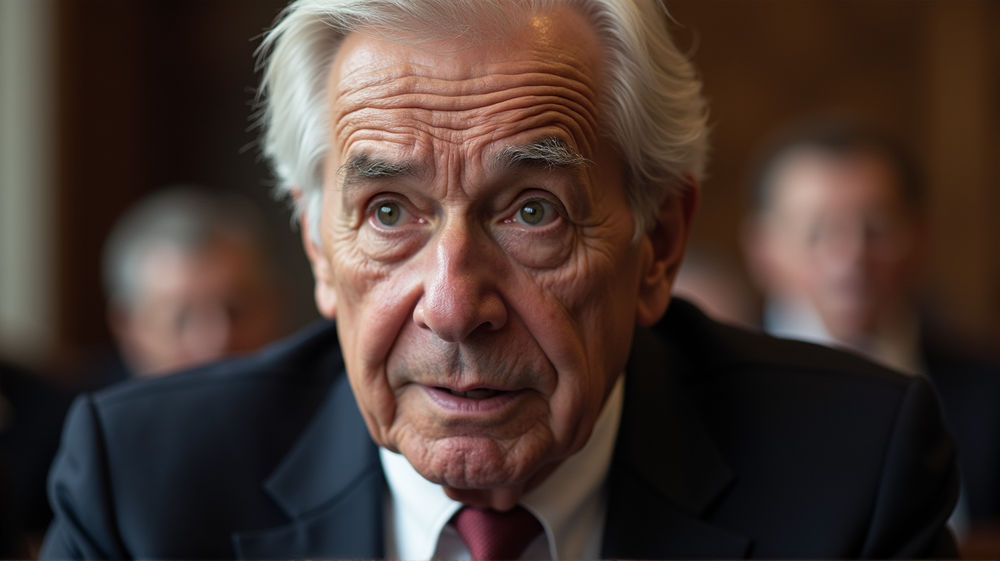Biden’s Health Sparks New Debate
In a developing story that has captured national attention, President Joe Biden’s recent prostate cancer diagnosis with metastasis to the bone once again highlights a longstanding issue in American politics: the age of its leaders. According to Boston Herald, Biden’s health crisis adds an unexpected yet potent dimension to the discussion surrounding age limits for presidential office, a debate that resonates across aisle lines.
Sympathy and Pragmatism: A Political Dichotomy
Politicians from both ends of the political spectrum have expressed their sympathies for Biden. Notably, former President Trump extended warm wishes, while Pennsylvania Governor Josh Shapiro offered public prayers for Biden’s recovery. Yet, beyond these expressions of support lies a pragmatic issue that cannot be ignored: should there be an age limit for serving in federal office? In America, youth restrictions in politics exist, but the argument against age is gaining traction.
The Unspoken Reality of Aging Politicians
It’s no secret that advanced age brings with it health risks, and Biden’s diagnosis is a reminder of this reality. Critics question how a candidate’s age might influence their ability to perform presidential duties. This issue of mental and physical decline in aged leaders was starkly illustrated during Biden’s last campaign, prompting calls for stricter guidelines.
A Constitutional Amendment: The Way Forward?
Discussion is rife about the feasibility of amending the Constitution to impose age restrictions, akin to existing requirements for younger candidates. Proposed ideas include banning any person from being elected after their 80th birthday. Such an amendment would inevitably involve high-profile political figures, who would find themselves affected by this potential change.
Lessons from Political Loyalty and Health Transparency
The controversy is further fueled by party loyalty, underscored by statements from political heavyweights like Sen. Chuck Schumer and Gov. Josh Shapiro. Their public defense of Biden’s capabilities despite evident health concerns raises questions about transparency and the responsibilities of political parties to acknowledge health risks in elderly candidates.
Moving Beyond Blame: A Path to Practical Solutions
Rather than spending time placing blame, pundits suggest a forward-thinking approach. Taking into account the precedents set by similar actions in Illinois with Senators Durbin and Shaheen, it’s believed that Biden’s trial might catalyze necessary constitutional changes. Voters have the forefront of power, and setting age parameters could offer clarity and prevent repeated scenarios of health-driven instability.
In these times, Biden’s case stands as a compelling argument for age-based electoral reform, ensuring that America’s leaders are fit to serve. With discussions gaining momentum, it’s conceivable that soon, age will become a defining criterion in electoral eligibility.













